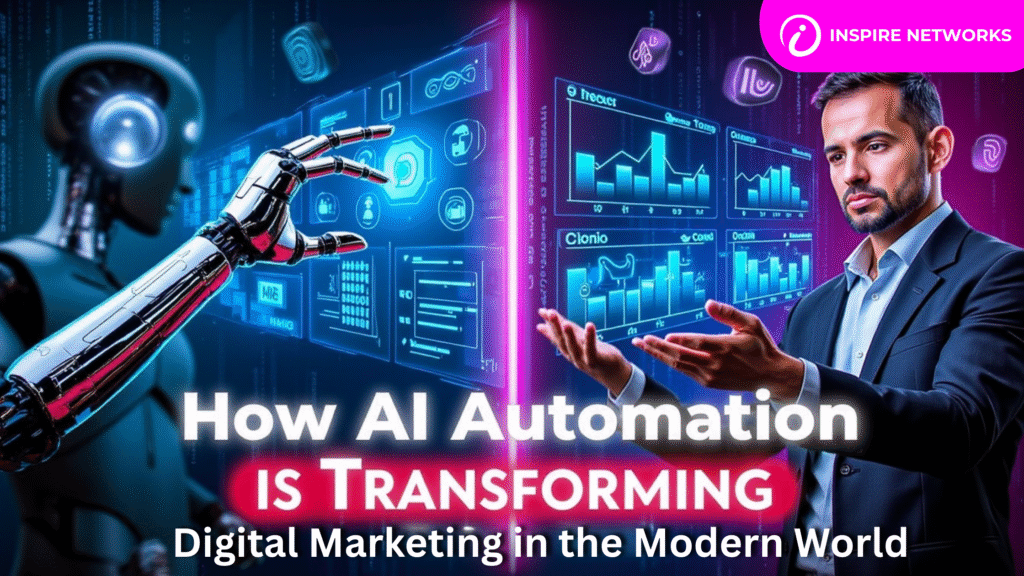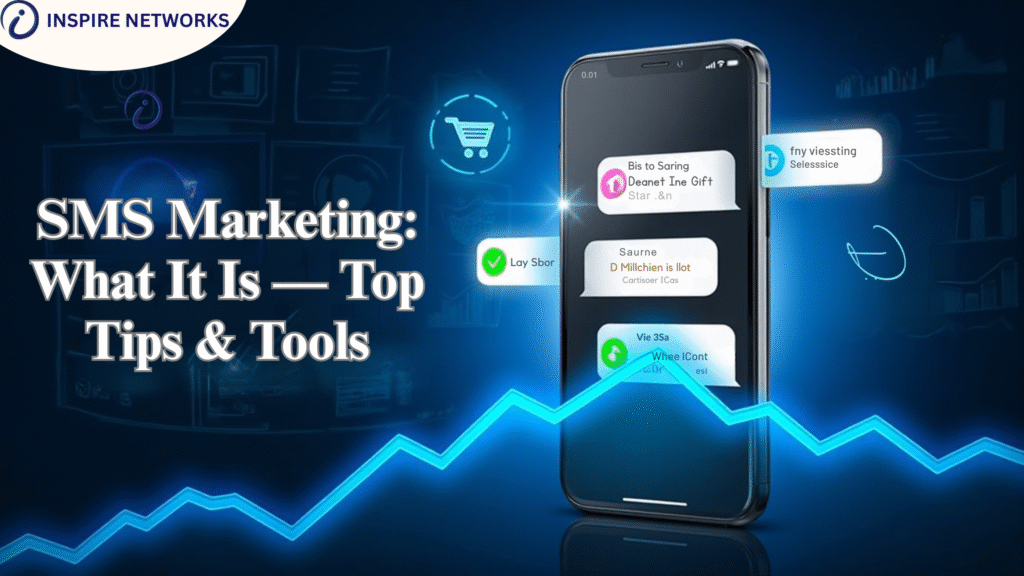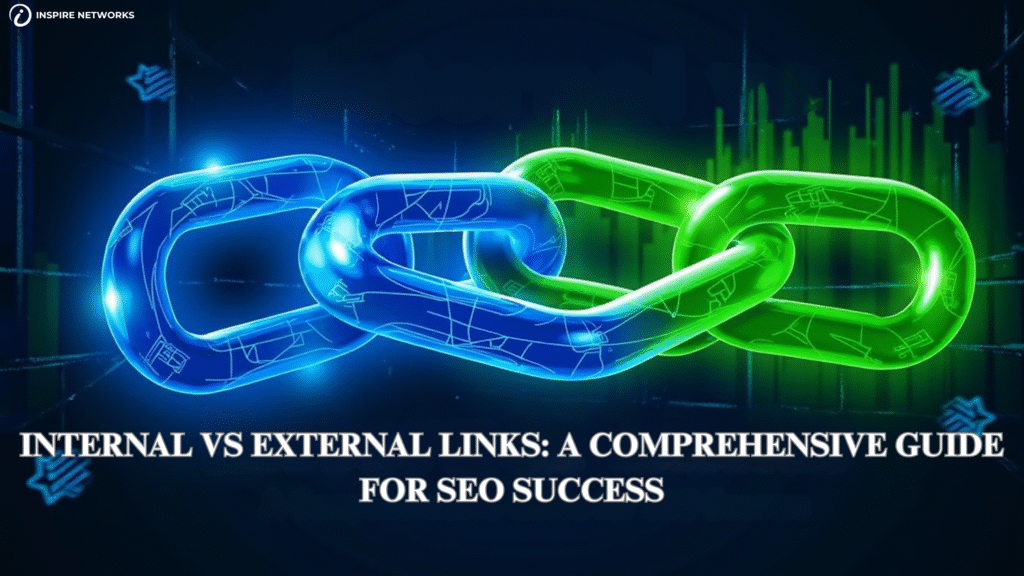Introduction
In the era of digital transformation, traditional industries are finding new ways to remain competitive and relevant. While these industries often have a strong legacy and customer base, adapting to the digital landscape has become essential to connect with modern consumers. Digital marketing serves as a bridge, providing traditional businesses with innovative tools to reach wider audiences, enhance brand visibility, and drive sales. In this blog, we will explore how traditional industries can leverage digital marketing strategies to engage modern consumers effectively.
The Need for Digital Marketing in Traditional Industries
Traditional industries such as manufacturing, agriculture, textiles, and handicrafts have long relied on conventional marketing methods. However, with the growing influence of digital platforms, consumer behavior has shifted dramatically. Modern consumers expect convenience, personalized experiences, and instant access to information. Digital marketing enables businesses to meet these expectations by offering targeted advertising, real-time communication, and enhanced customer engagement.
Key Digital Marketing Strategies for Traditional Industries
1. Building a Strong Online Presence
Creating an informative and visually appealing website is the foundation of a successful digital marketing strategy. A well-optimized website serves as a virtual storefront, providing customers with essential information about products, services, and company values. Additionally, leveraging search engine optimization (SEO) ensures better visibility on search engines, driving organic traffic to the website.
2. Social Media Marketing
Social media platforms like Facebook, Instagram, LinkedIn, and YouTube are powerful channels for connecting with modern consumers. Traditional businesses can showcase their products, share customer stories, and engage with audiences through interactive content. Live videos, product demonstrations, and behind-the-scenes content help build brand authenticity and foster consumer trust.
3. Content Marketing
Content marketing involves creating valuable, informative, and entertaining content to engage the target audience. Blogs, videos, infographics, and case studies can highlight a company’s expertise and establish authority in the industry. For example, a textile manufacturer can share content on sustainable fashion practices, attracting eco-conscious consumers.
4. Email Marketing
Email marketing remains one of the most cost-effective digital marketing tools. Traditional businesses can use email campaigns to nurture customer relationships, provide product updates, and promote exclusive offers. Personalized email content enhances customer engagement and encourages repeat business.
5. Influencer Partnerships
Collaborating with influencers and industry experts can significantly amplify brand visibility. Influencers with a dedicated following can endorse products and share authentic experiences, making it easier for traditional industries to gain credibility and reach a wider audience.
6. E-commerce Integration
For traditional industries, integrating e-commerce solutions can expand their market reach beyond geographical boundaries. Platforms like Shopify, WooCommerce, and Amazon offer seamless online selling opportunities. Providing a smooth shopping experience with secure payment gateways and reliable logistics ensures customer satisfaction.
7. Data-Driven Decision Making
Digital marketing provides access to vast amounts of data through analytics tools. Traditional businesses can gain insights into customer preferences, behavior patterns, and campaign performance. This data-driven approach allows businesses to make informed decisions and optimize their marketing strategies for better results.
Case Studies of Successful Digital Marketing in Traditional Industries
1. Handicrafts and Artisans
Local artisans and craftsmen have embraced digital platforms to showcase their handmade products globally. Platforms like Etsy and Instagram enable them to reach a niche audience interested in authentic, handcrafted items. Storytelling through visual content and engaging with consumers on social media has helped artisans build loyal customer bases.
2. Agriculture and Agri-Tech
Farmers and agricultural businesses use digital marketing to promote organic produce, sustainable farming practices, and farm-to-table concepts. E-commerce websites and subscription-based services allow consumers to purchase fresh produce directly from farms, enhancing transparency and trust.
3. Manufacturing and Industrial Goods
Manufacturing companies leverage digital marketing to promote their products to B2B and B2C audiences. LinkedIn marketing, video content, and virtual product demonstrations provide insights into product quality and functionality. Additionally, SEO strategies ensure visibility for industrial products on search engines.
Challenges and Solutions
While digital marketing offers numerous opportunities, traditional industries may face challenges during the transition. Common obstacles include limited digital literacy, budget constraints, and resistance to change. Here are solutions to overcome these challenges:
- Education and Training: Providing digital marketing workshops and training programs to employees enhances their digital literacy.
- Budget-Friendly Solutions: Starting with cost-effective digital channels like social media and email marketing minimizes expenses.
- Gradual Transition: Implementing digital strategies in phases allows businesses to adapt gradually and measure results effectively.
Conclusion
Digital marketing serves as a powerful tool for traditional industries to connect with modern consumers. By embracing digital strategies such as social media marketing, content creation, e-commerce integration, and data analytics, traditional businesses can enhance their market presence and drive growth. As consumer preferences continue to evolve, staying digitally connected ensures that traditional industries remain competitive and relevant in a dynamic market.
Embracing digital marketing is not merely a choice; it is a necessity for traditional businesses looking to thrive in the digital age. The future belongs to those who adapt, innovate, and engage with their consumers where they are — online.








